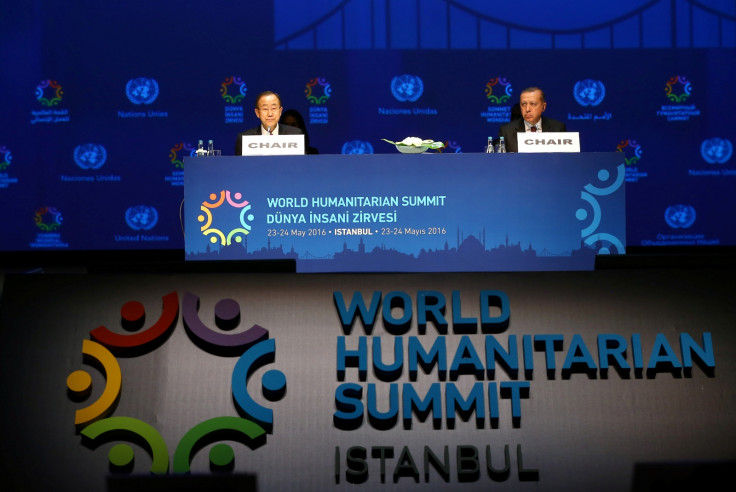GBC-Education to mobilise $100m for new Education Cannot Wait fund

Global Business Coalition for Education (GBC-Education) has announced that it will mobilise $100m (£67.96mn, €89.41m) in financial aid and relevant contributions for a new fund called the Education Cannot Wait, to educate children in emergency situations.
The new fund by Unicef was announced on 23 May at the World Humanitarian Summit, a two-day conference held in Istanbul, Turkey.
"In emergency situations, education is the last priority, leaving millions of children and youth on the streets and impacting growth, stability, innovation and opportunity. The negative long term implications of children not getting a quality education are huge. The business community finds it unacceptable to stand by and lose generations of young people," said Sarah Brown, executive chair of GBC-Education.
Started in 2012, GBC-Education is a business-led, action-oriented federation of over 100+ businesses worldwide. It engages the business community in strategic partnerships to accelerate progress in delivering quality education for children and youth in crisis.
"We believe that education is the birthright of every child, the key to expanded opportunity, future employment and the cornerstone of greater economic development and social prosperity," the institution said in a press release.
GBC-Education will work with Education Cannot Wait to spot top-challenges in delivering education in crises and tap the capabilities of private sector business leaders and companies to develop new solutions.
To start with, GBC-Education has committed to developing the first-ever database of potential corporate in-kind support for education in crisis.
"The vision is to create a database that can be activated when crisis or emergency strikes, making it possible to identify partners willing to provide expertise, products or services necessary to restore hope and opportunity to children," the statement read.
In February 2016, GBC-Education mobilised $75 million from the private sector to support education initiatives targeting one million Syrian refugees.
Also in 2014, following the kidnapping of the Chibok girls in Nigeria, the organisation along with business leaders came forward for action and created Safe Schools Initiative, which led to the creation of a $30m multi-donor trust fund dedicated to creating safe learning opportunities in Nigeria.
Since then, GBC-Education has expanded this initiative to include work in Pakistan, Ebola-affected countries, Latin-America and in war-torn Middle Eastern countries.
Although, the institution faces several challenges – like reintroducing affected children to the school or to help accelerate students who have fallen behind so that they re-join their apt grade levels – it aims to continue its work in crisis area.
© Copyright IBTimes 2025. All rights reserved.



















